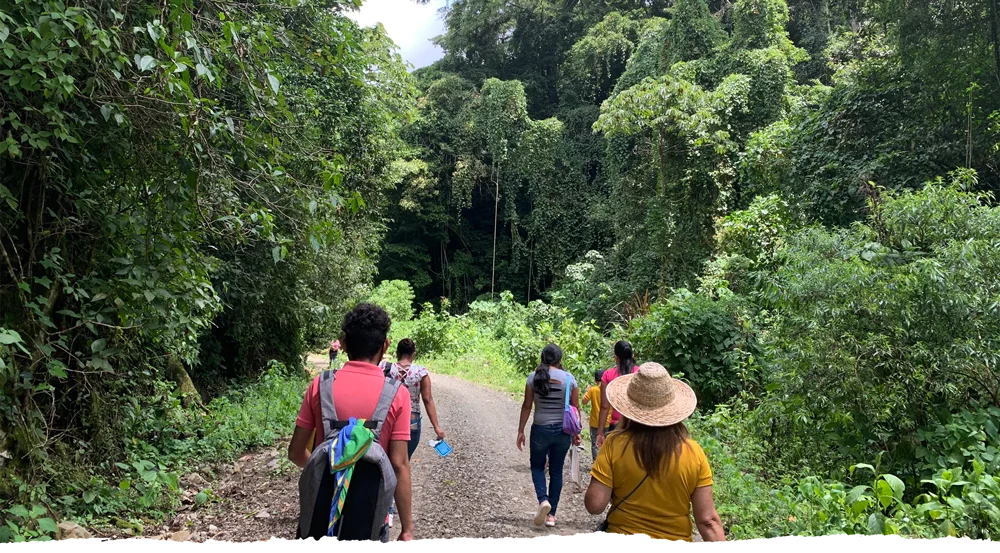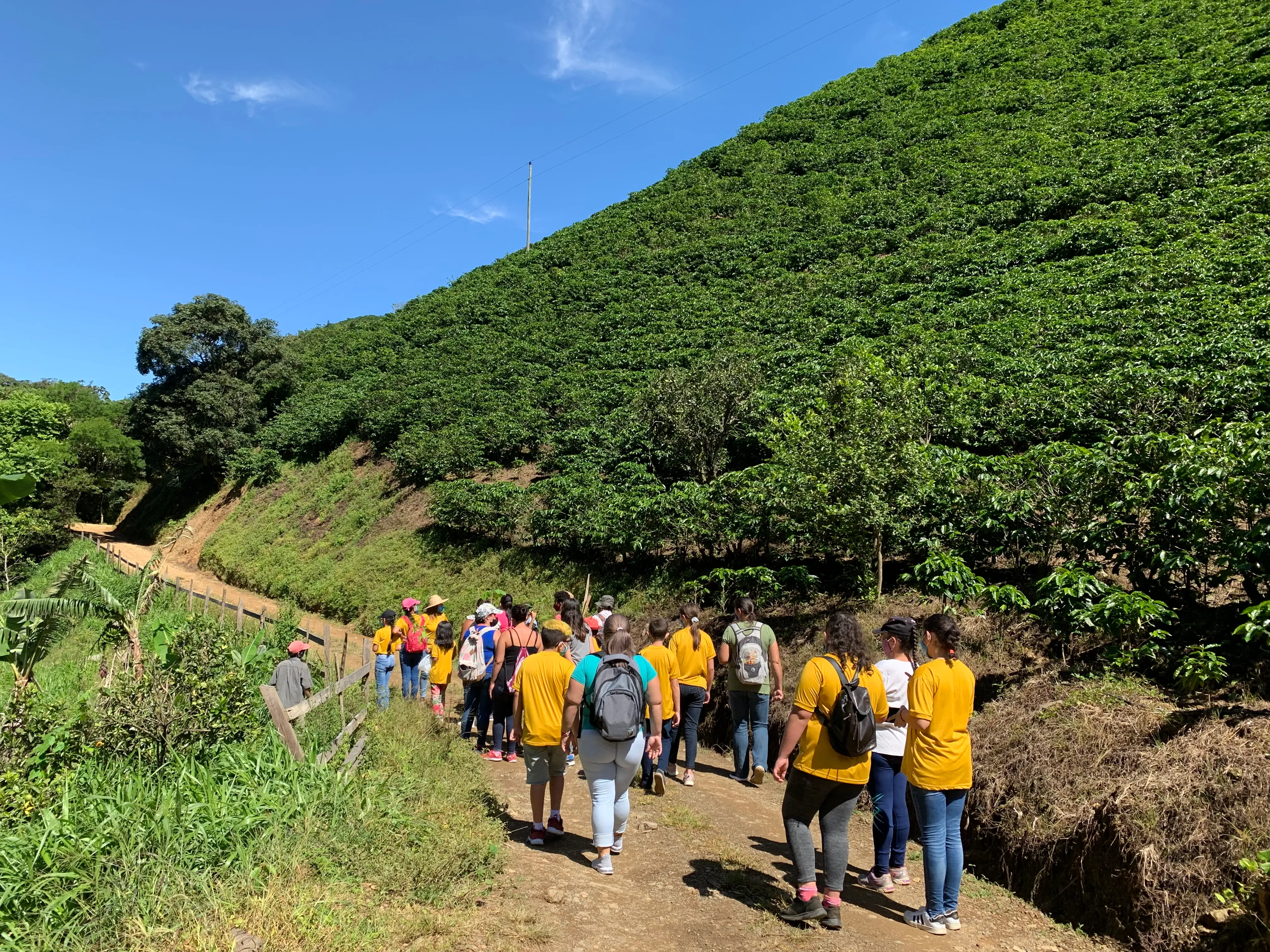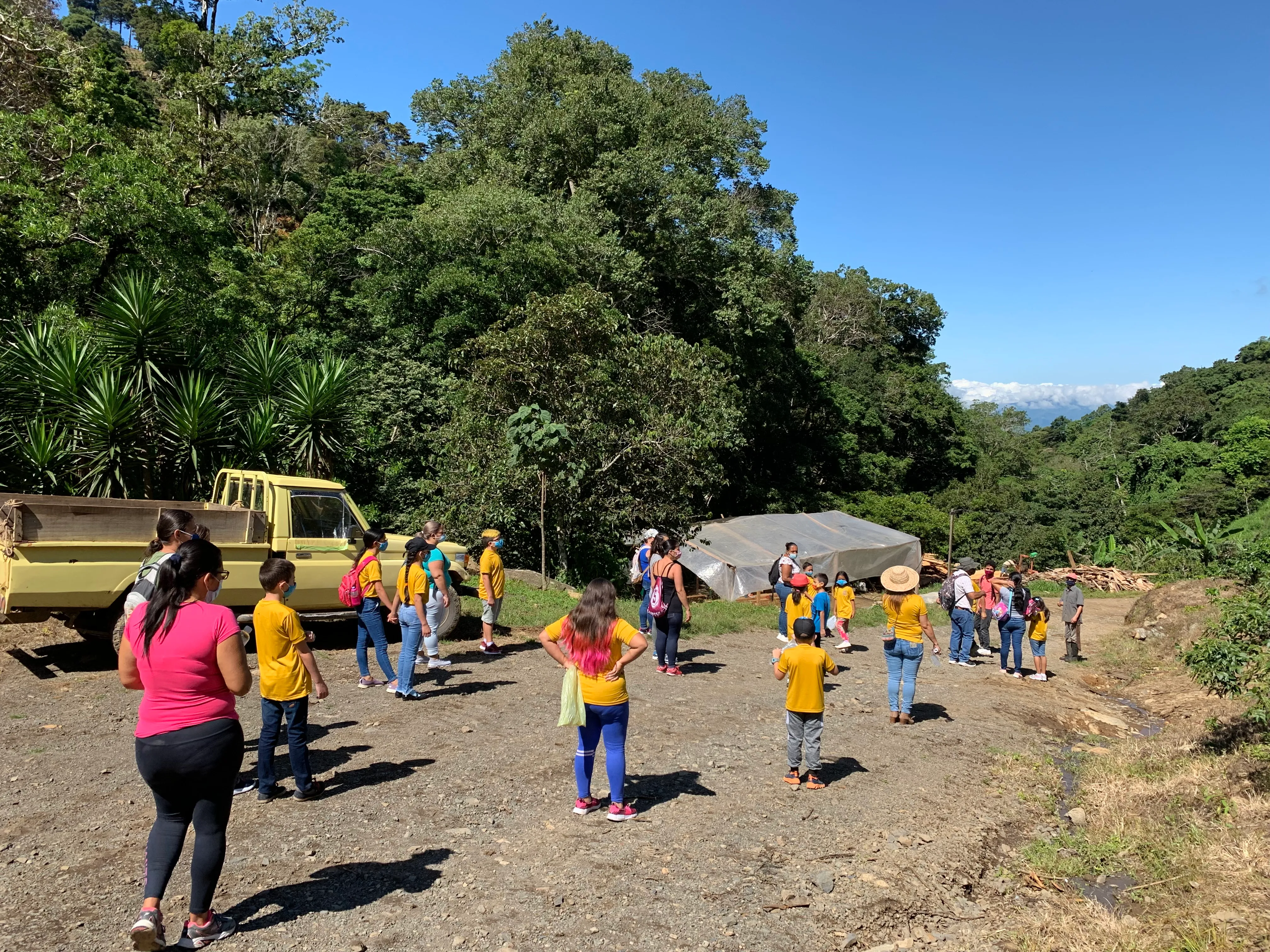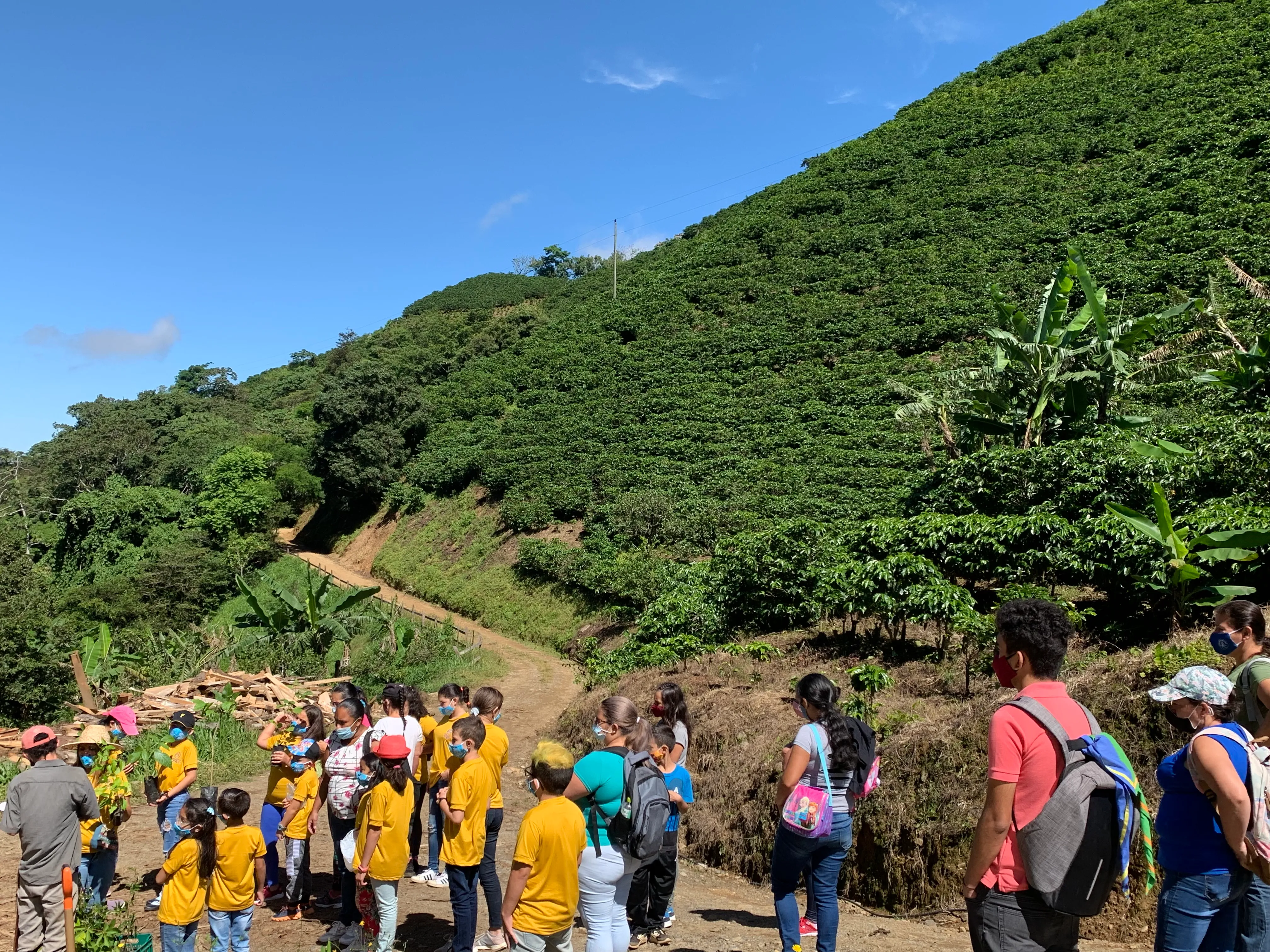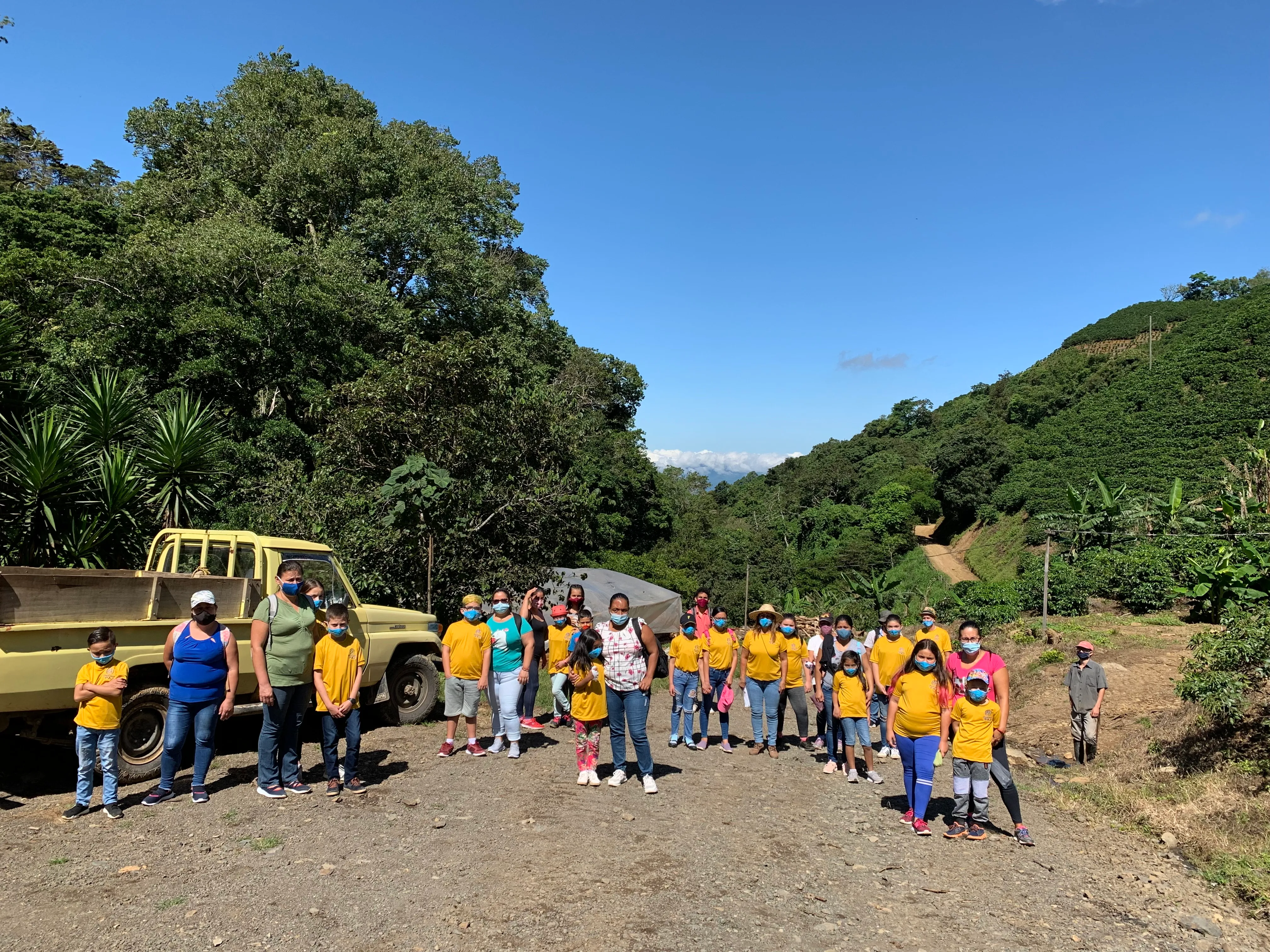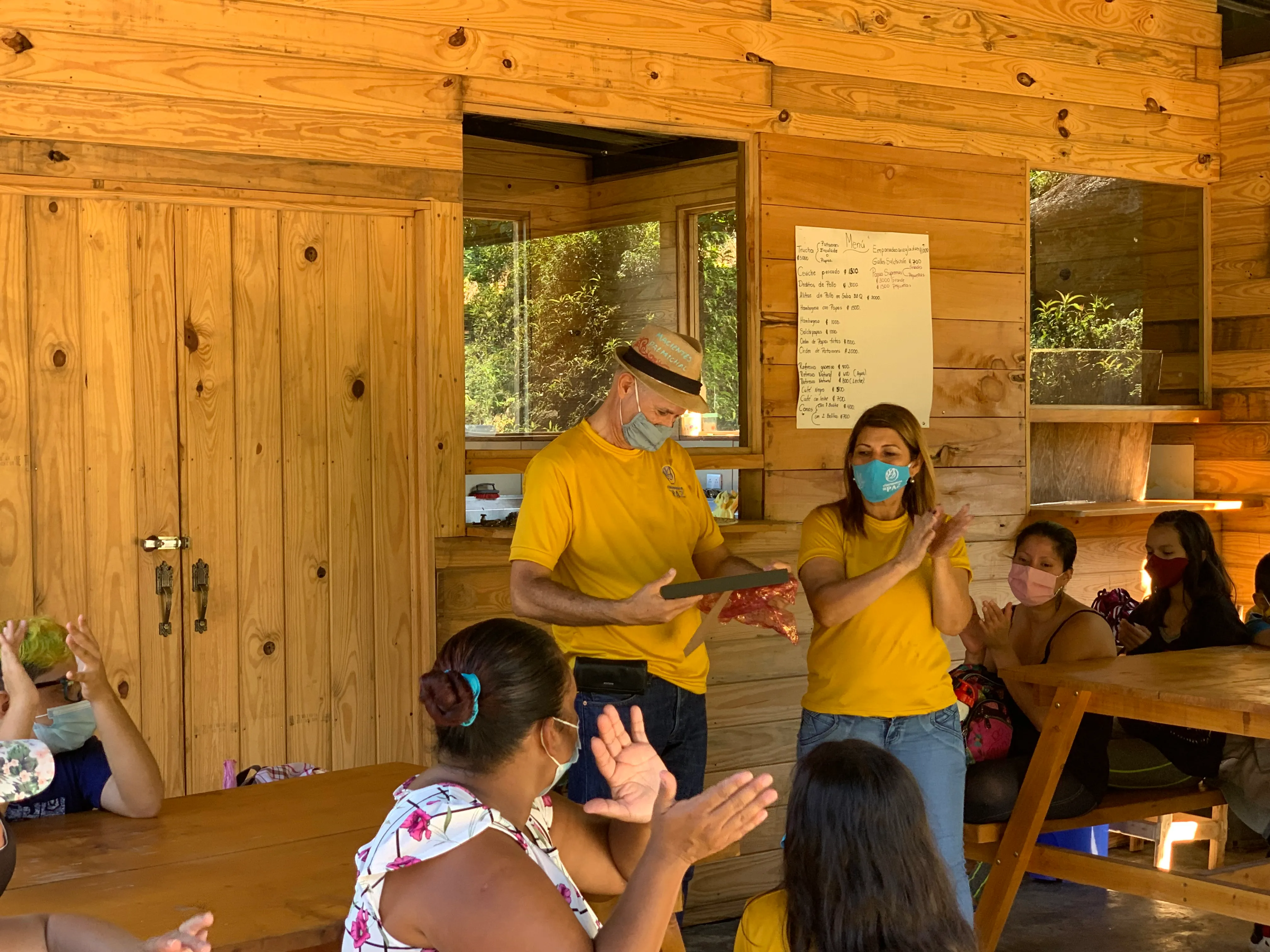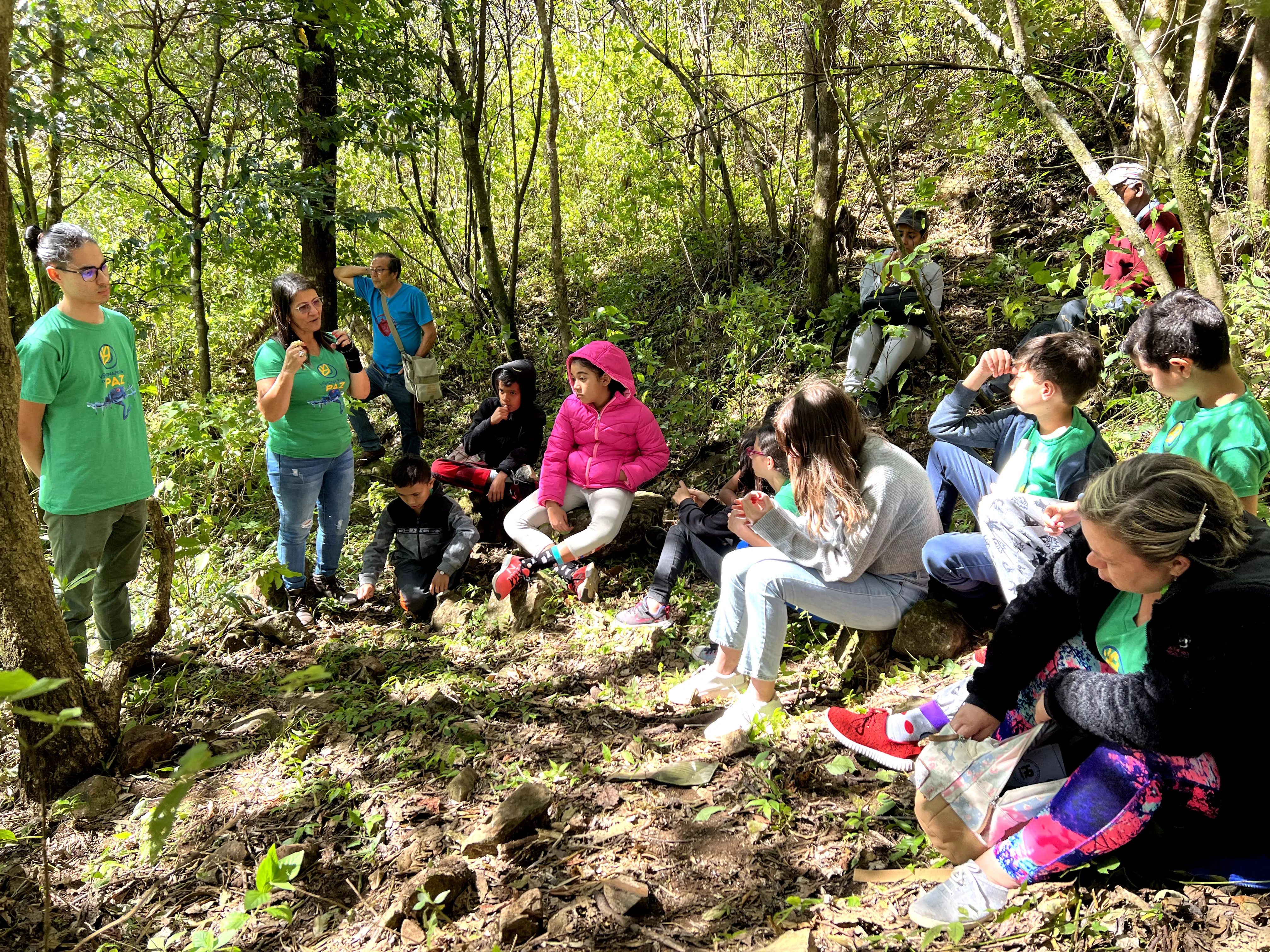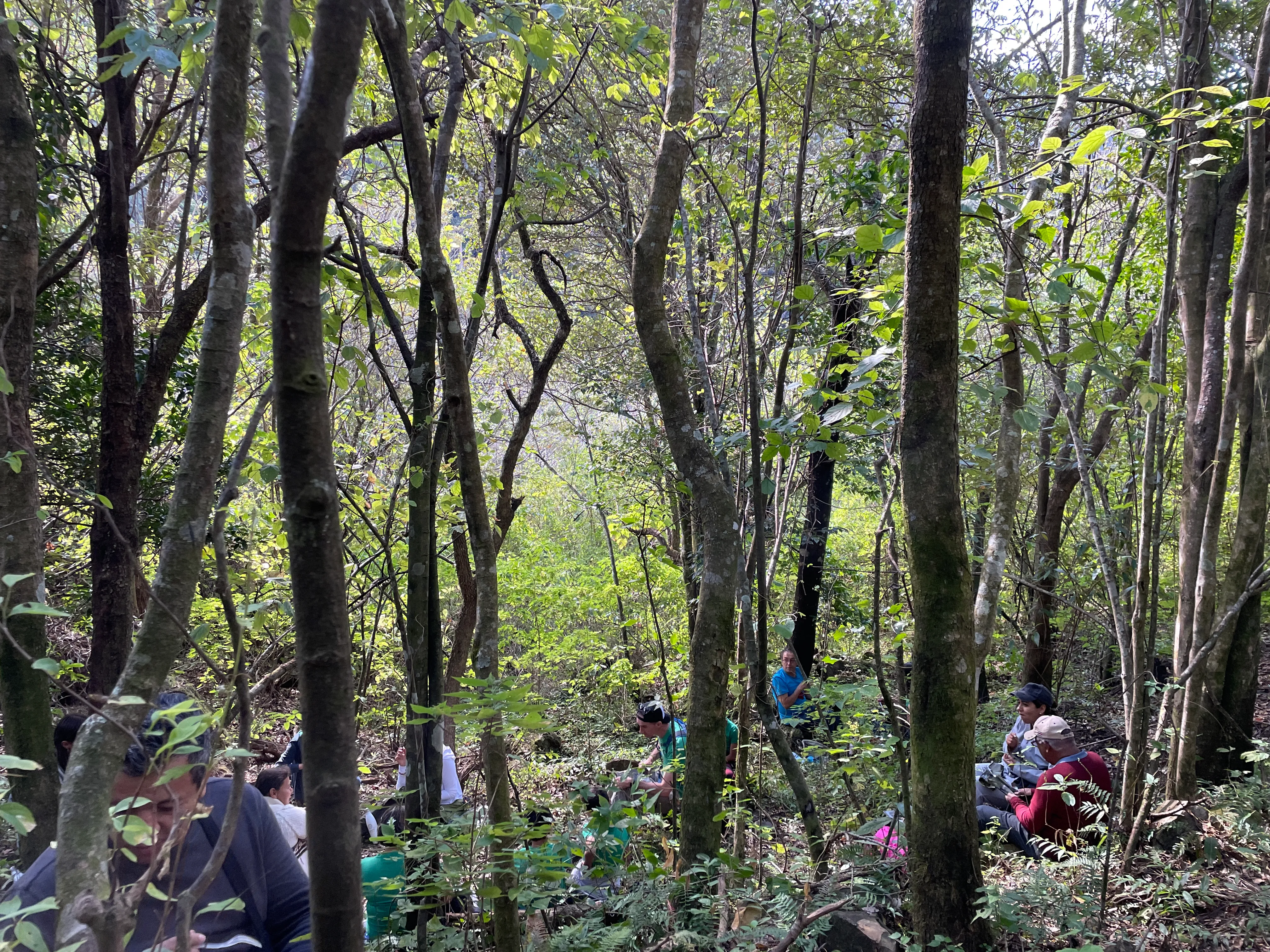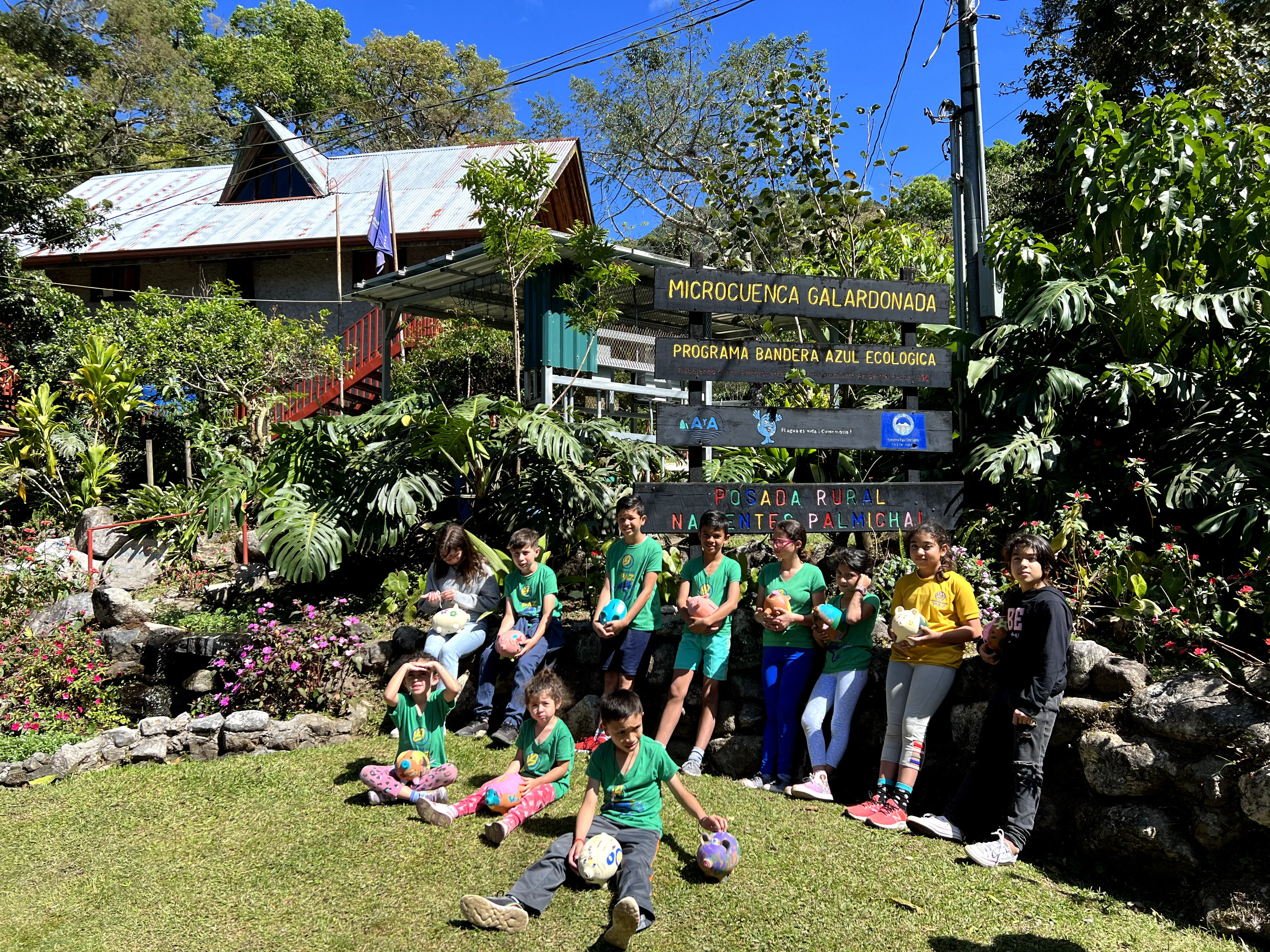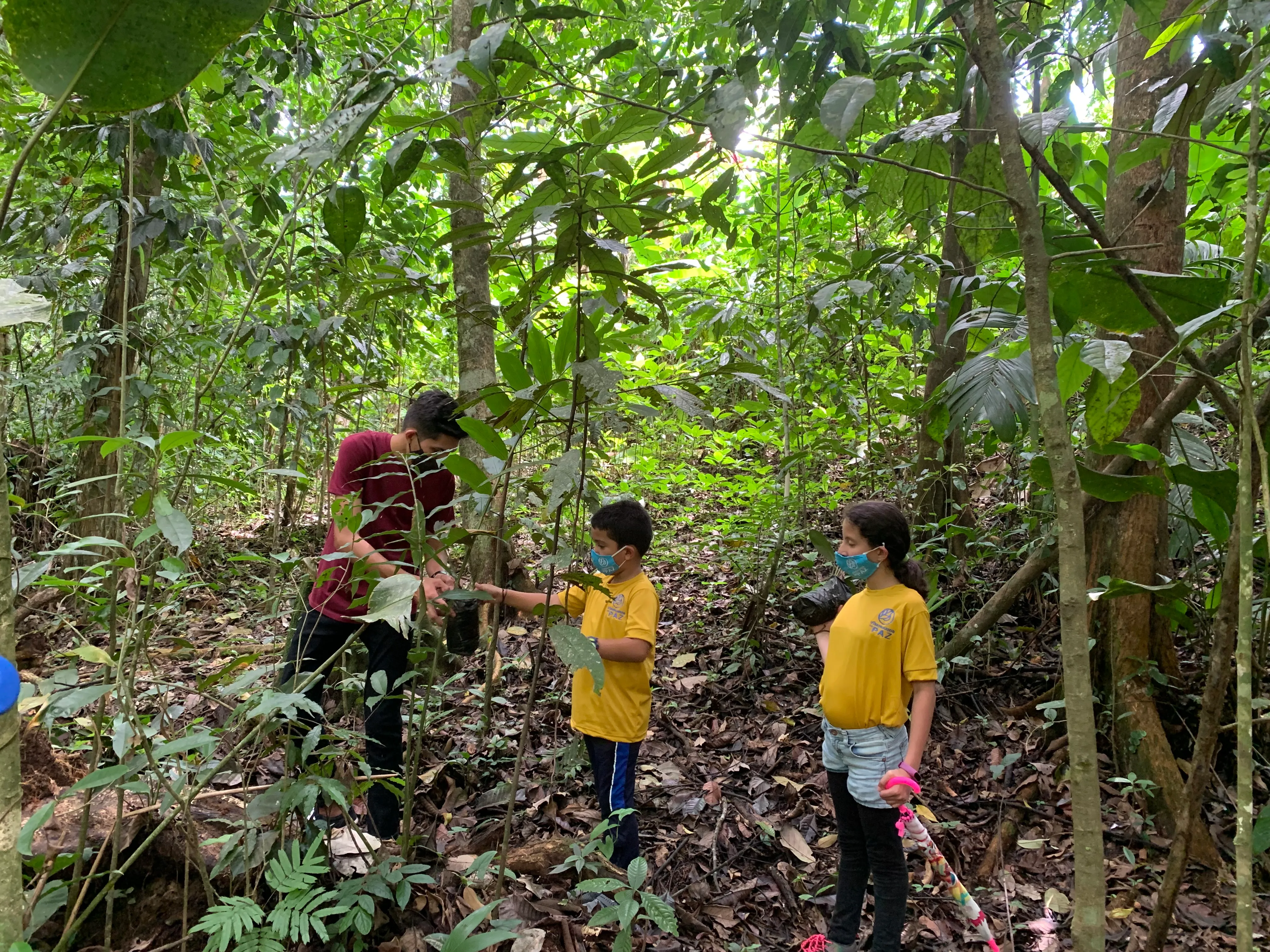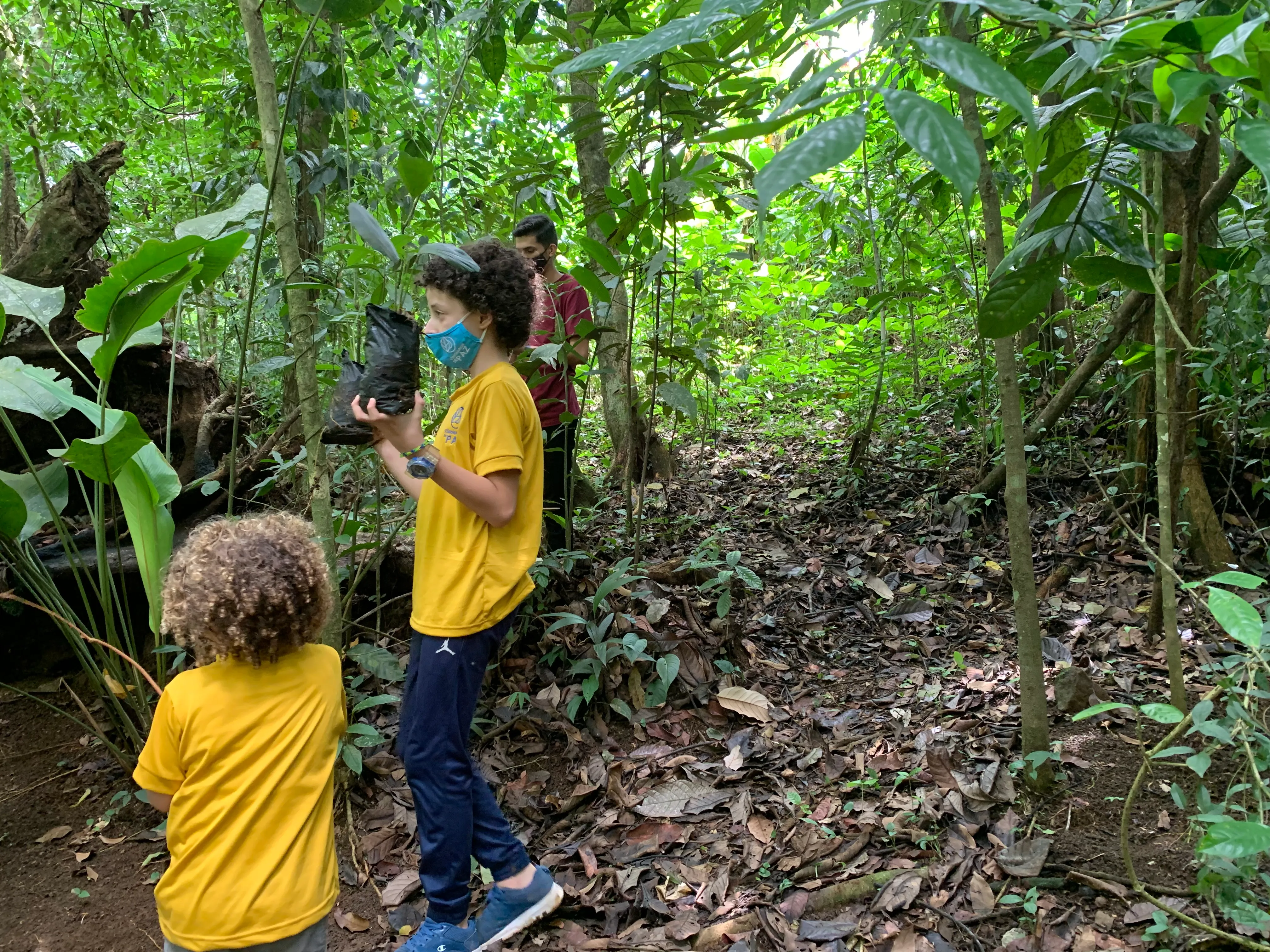What do we do?
Issue
Costa Rica is known for its success in the education, health, and environmental sectors. However, socioeconomic inequalities have increased significantly, with 23% of the total Costa Rican population living in poverty in 2022; this number sits much higher at 28.3% in rural areas—including the cantons of Mora, Acosta, and Puriscal.
The Costa Rican government is responsible for managing this socioeconomic problem using different public policy tools. Properly addressing poverty has a positive impact on social well-being. A smaller number of people in this situation not only represents greater economic dynamism through more household resources but also has positive results in terms of security, quality of life, and requirements for public funds.
These three cantons are grappling with environmental problems stemming from a monoculture economy that triggers deforestation and, consequently, poverty. This cycle threatens the natural cycles of biodiversity and water. The root cause is a lack of understanding of the importance of protecting natural resources and developing initiatives that prioritize benefits over negative environmental impacts. The urgency of the situation is underscored by the fact that greater participation and commitment of youth and their families in activities is necessary, given the current lack of awareness on these issues. Presently, national and local institutions lack comprehensive programs to repair damages and educate about the importance of protecting and using natural resources.
Solution
To tackle this issue, we propose the implementation of a new educational model. This model will empower youth and their families by instilling knowledge about sustainable practices such as natural cycles, forest restoration, conservation relationship building, the use of natural resources, and the entrepreneurial spirit. Visionarios de Paz utilizes experiential and environmental education as a tool to empower local communities, fostering a sense of pride and ownership. This approach will reshape the thinking and actions of present and future generations in the areas of sustainability and entrepreneurship. Our organization will bridge the knowledge gap, equipping community members with the training and autonomy necessary to lead and inspire future sustainable development projects. We are committed to not only preventing and mitigating environmental damages in the region but also revolutionizing the way projects are implemented and designed, in collaboration with community members.
Goals
- Contribute to implementing Sustainable Development in the region by generating actions with communities, organizations, and institutions to promote a better quality of life for the community.
- Acquiring land to protect springs and rivers that supply the region will develop Visonarios de Paz's forest. The purpose is to guarantee the purity of our bodies of water, turning them into spaces to reforest and carry out environmental care practices.
- Rescue, protect, and conserve native species of flora and fauna through the development and implementation of repopulation projects for native species to strengthen the ecological balance.
- Promote a harmonious relationship with nature through learning, admiration, and care for regional biodiversity.
- Encourage the effective participation of youth and families to achieve the goals of the foundation.
Activities
- Cultivation of native and exotic trees in a protected environment (seedbed, transplant, maintenance, among others).
- Hikes to identify native tree species.
- Recreational and experimental tours at the local, regional, national, and intentional levels.
- Key environmental events (Water Day, Earth Day, Farmer's Day, Tree Day).
- Participation in environmental projects, camps, and cultural activities.
- Help the youth identify their vocation.
- Raise funds for economic, professional, and academic resources with organizations, institutions, and companies.
